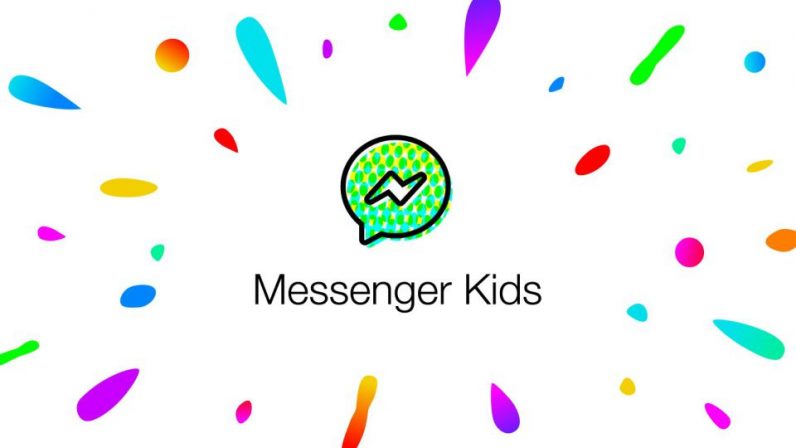
So what does our response to Messenger Kids say about us and technology?
We don’t want our kids as dysfunctional as we are
Ultimately, we don’t want our children to be like us. Or better put, we don’t want them to have the same dysfunctional relationship with technology that we have.
Messenger Kids brings to bear the very challenge of balance with technology in a 24-on world. We want to believe that our kids are destined for something bigger than a Facebook profile. We want them to grow with balance. They represent our only hope for human agency in a world driven by technological advancement.
We are conflicted with tools like Messenger Kids
And so the running narrative in response to Messenger Kids is that we’re outraged. But somehow we’re not outraged when when we individually cave in and facilitate profiles for Snapchat and Instagram in our own kids well before they can handle it.
It’s hard to be a parent when technology is unstoppable
But the challenge is not so straightforward. Raising kids in a networked world is a tough gig. And the march of technology is inevitable. Babies talk to Alexa. Toddlers swipe television screens looking for a response. And to believe that children should be somehow isolated from modern tools of communication and connection is itself disconnected.
Playing in the woods isn’t the answer
In our faux outrage the boiler plate response is that children shouldn’t use technology. Instead, they should just go and play in the woods.
But the parents who restrict their kids from everything raise children illiterate in the tools of an engaged world. The parents who unconditionally allow shiny objects risk children prone to isolation and the other effects of excess screen time and preoccupation with things designed to make them look.
Somehow there needs to be some middle ground.
While we can’t hide children from the inevitable, the new charge for parents is this: what technology when and how best to protect them. Consequently, parents face decisions for which they are thoroughly unprepared.
There’s a landscape of accountability with kids and technology
While we like to hold parents accountable for all this, responsibility for how children responsibly use technology falls under a number of separate domains:
Individual. Children need to understand the role of balance and self-control when it comes to connection and engagement. This should define the starting age of any given technology.
Family. Families need to understand the role of tech use in the family setting. Where do smart phones fit or not fit at the dinner table, on vacation or during family activities? The example we set is what children do.
Community. The rules we create collectively in schools, groups and communities set the rhythm for the role of technology in our lives.
Industry. Technology companies have a responsibility to develop products that work in the interest of children.
Society. Broadly, what do we as a society or culture value with respect to our tools? How we value human connection that doesn’t happen on a device?
Parents need to control as much as they can
When you consider these levels of accountability for keeping children safe and balanced, parents need to do as much as they can do. Because not all levels will have your child in mind.
Individual responsibility in a child is taught by parents and learned from family modeling (we’ve got work to do here). Community we can influence but not control. Society and culture is a broader reach. And platforms who are beholden to shareholders will always be out for themselves.
Maske no mistake that Facebook and Messenger Kidsis out for themselves here. Messenger Kids collects a child’s full name, tracks what texts and videos are shared, and stores with whom the child interacts with and for how long. This, of course, is the pipeline to bigger and better things in an industry where people are seen as the product of an application rather the customer.
In the end the problem is not the technology but our individual response to its compelling siren. And this is what we need to teach our kids.